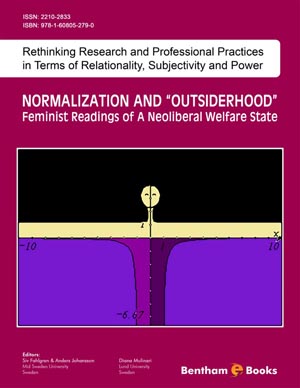Abstract
In Swedish neoliberal political rhetoric the word democratic has come to designate already established “normal” values said to be inherent to Western culture. Democracy is seen as already established by a cultural process called democratization. In this way a narrative is formed that is essential for the neoliberal view of democracy of choices within an already established order. This also makes it possible for the Swedish national school curriculum to enumerate what is said to be undeniably fundamental democratic values as something given, that anyone sharing the same cultural heritage ought to agree upon. In a study by ethnologist Ann Runfors, included in a report by the Swedish Commission of Inquiry on Power, Integration and Structural Discrimination (2006), she describes the kind of normalizing social processes that thus permits the establishing of values as undeniable. In my article I elaborate on her analysis, in order to reach further into the complexities involved in understanding such social processes of normalization in their ability to legitimize certain interpretations of specific values. On a further level I also discuss the concept of social process itself, that I argue stands in close connection to the concept of culture. Through the poststructuralist questionings by Derrida and Foucault of culture as a concept for definable communities that produces their meaning, their values and their norms, I argue the need of literary reading and philosophical analysis as a complement to the empirical research of the social sciences in order to challenge normalization processes by reading differently.
Keywords: democracy, normal values, culture, social processes, normalization, structural discrimination, cultural relativism, rational choice, close reading, deconstruction, hyperbolization.













